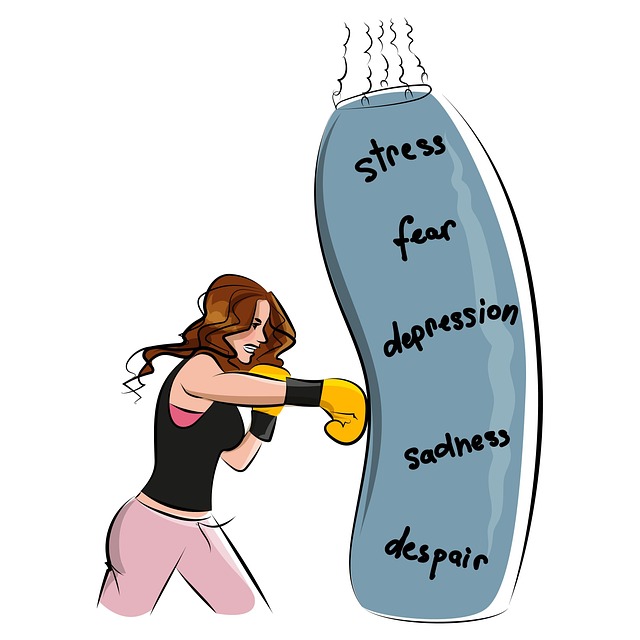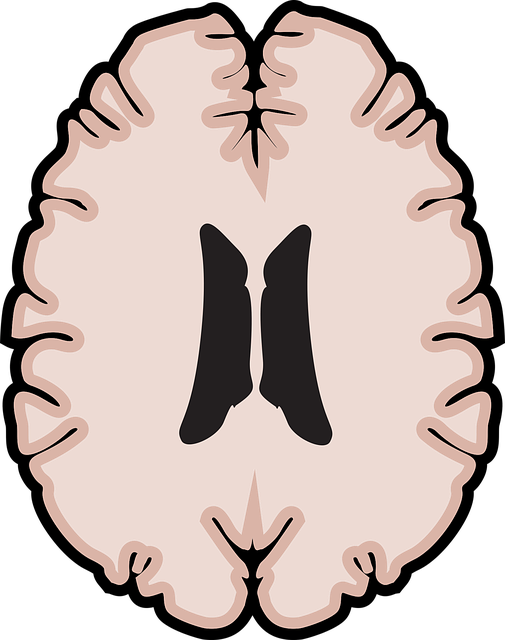Crisis Intervention Teams (CITs), through specialized training integrating Therapy for Adolescent Teens Alcohol Abuse, effectively identify and de-escalate high-risk scenarios. Key training components include hands-on simulations, role-playing, evidence-based practices like Mind Over Matter, risk management planning, post-crisis support, and prevention strategies. These comprehensive programs enhance response times, build teen resilience, teach social skills, mood management, conflict resolution, and promote mental health awareness among healthcare providers, ensuring consistent, compassionate care for at-risk adolescents dealing with alcohol abuse.
Crisis intervention team (CIT) training programs are essential in equipping professionals to handle adolescent alcohol abuse effectively. This article delves into the critical role of CITs, exploring how these teams can significantly impact young lives. We’ll dissect key components of successful training, from evidence-based practices to specialized techniques, ensuring a holistic approach to addressing therapy for adolescent teens’ alcohol abuse. By understanding these programs, we can enhance support systems and foster healthier communities.
- Understanding Crisis Intervention Teams and Their Role in Adolescent Alcohol Abuse
- Key Components of Effective Training Programs for Teen Alcohol Crisis Interventions
- Strategies and Techniques to Enhance Team Response and Support for At-Risk Teens
Understanding Crisis Intervention Teams and Their Role in Adolescent Alcohol Abuse

Crisis Intervention Teams (CITs) play a vital role in addressing adolescent alcohol abuse, offering immediate and targeted support when young individuals are facing acute crises related to their substance use. These specialized teams typically consist of healthcare professionals, including mental health specialists, social workers, and sometimes law enforcement officers, who collaborate to provide effective interventions. By integrating Therapy for Adolescent Teens Alcohol Abuse into the core of their training, CITs gain crucial skills to identify and de-escalate high-risk situations, ensuring safety and promoting positive outcomes.
Understanding the dynamics of adolescent alcohol abuse is essential for these teams. They must recognize that burnout prevention strategies for healthcare providers are critical in this field, as prolonged exposure to intense cases can lead to emotional exhaustion. Fostering a culture of mental health awareness within CITs encourages professionals to practice self-care and maintain their well-being, enabling them to offer consistent and compassionate care over time. Positive thinking is also encouraged, as it empowers team members to navigate complex situations with optimism and resilience.
Key Components of Effective Training Programs for Teen Alcohol Crisis Interventions

Effective training programs for teen alcohol crisis interventions must incorporate several key components to ensure they address the unique challenges of adolescent alcohol abuse. Firstly, these programs should emphasize hands-on simulations and role-playing scenarios that allow participants to practice their skills in a safe environment. This practical approach helps future crisis interventionists build confidence and refine their responses when confronting real-life situations involving teen alcohol abuse.
Incorporating evidence-based practices such as Mind Over Matter principles and risk management planning for mental health professionals is also vital. These strategies teach participants how to help adolescents develop self-esteem improvement techniques, fostering resilience against the negative influences that can lead to alcohol abuse. Furthermore, training should cover not only direct intervention but also post-crisis support and prevention strategies, equipping practitioners with a comprehensive toolkit to address the issue holistically.
Strategies and Techniques to Enhance Team Response and Support for At-Risk Teens

Effective crisis intervention team training programs are instrumental in enhancing how teams respond and support at-risk teens, particularly those grappling with issues like therapy for adolescent teens alcohol abuse. Strategies that focus on social skills training equip teenagers with tools to navigate interpersonal interactions more effectively, fostering a sense of belonging and reducing the risk of isolation, a common trigger for crises.
Additionally, integrating mood management techniques allows team members to recognize early warning signs of emotional distress in teens and implement timely interventions. Conflict resolution techniques are also vital; teaching adolescents healthy ways to express their needs and manage disagreements can de-escalate potentially volatile situations. By equipping crisis intervention teams with these comprehensive tools, they become better equipped to provide the compassionate support needed to guide at-risk teens toward stability and recovery.
Crisis intervention team training is a vital component in addressing the growing issue of adolescent alcohol abuse. By equipping professionals with the necessary skills and knowledge, we can enhance support systems and improve outcomes for at-risk teens. Incorporating comprehensive training programs that focus on early identification, effective communication, and evidence-based interventions ensures that crisis teams are prepared to navigate complex situations. Through ongoing education and practice, we can foster a healthier, more resilient environment for young individuals struggling with alcohol abuse, ultimately promoting better mental health and well-being.














